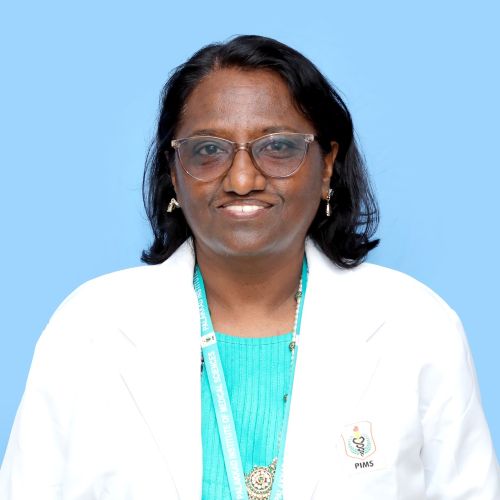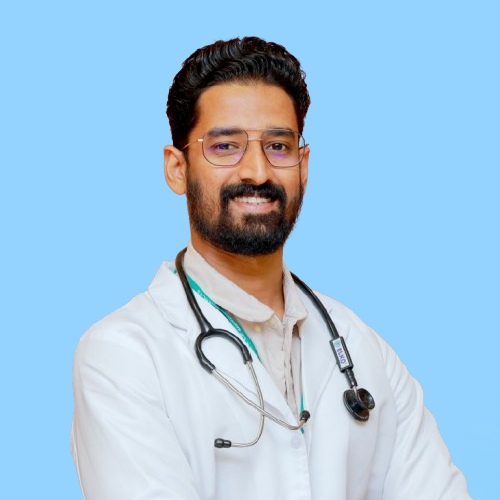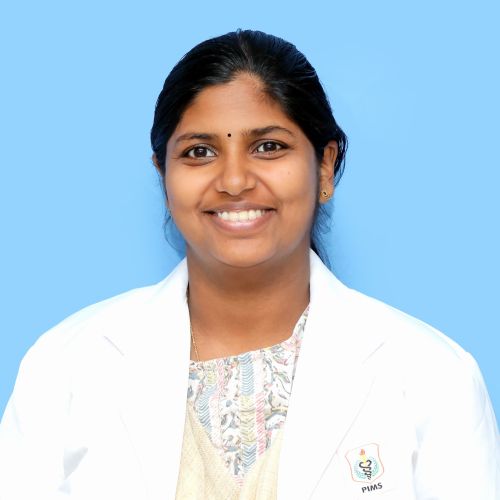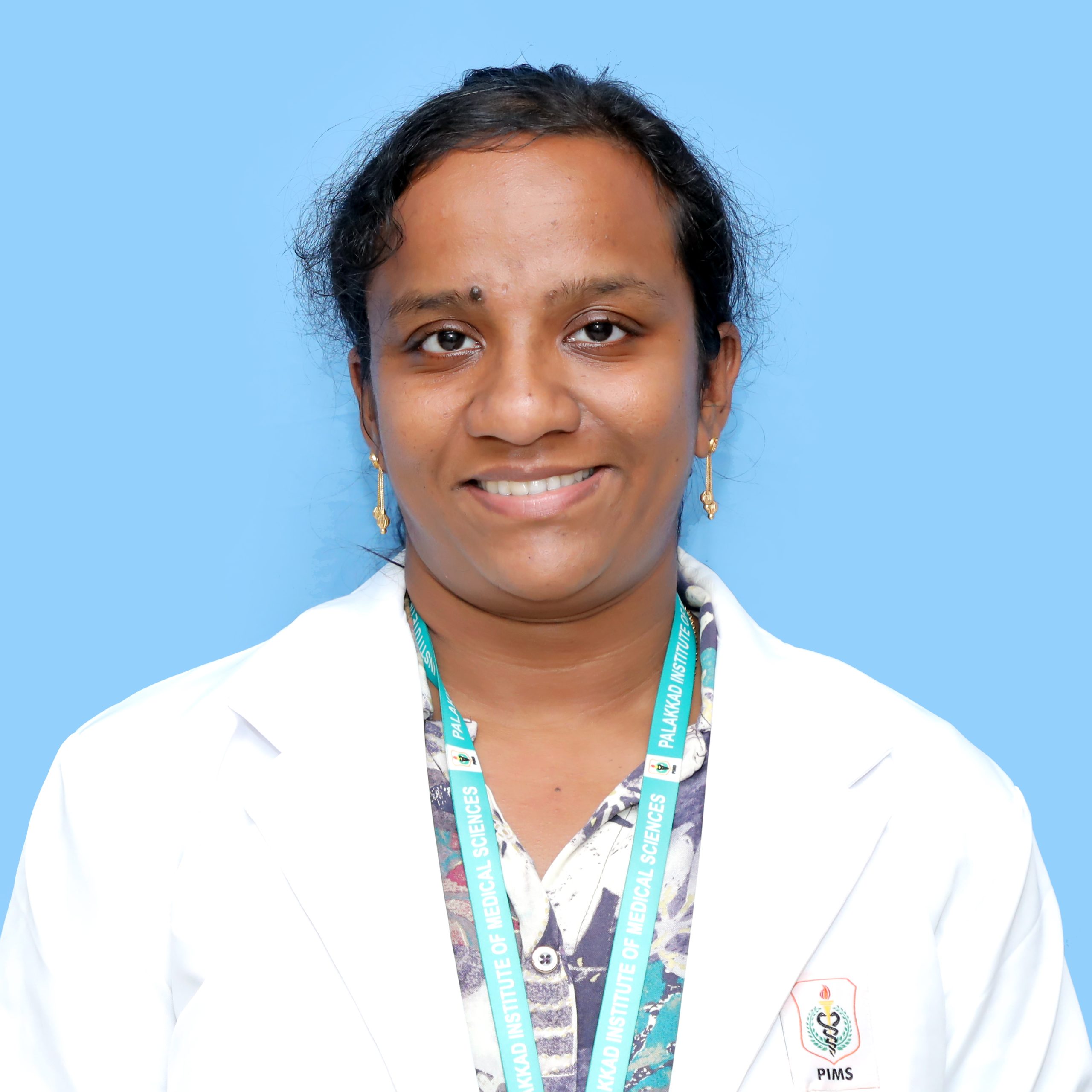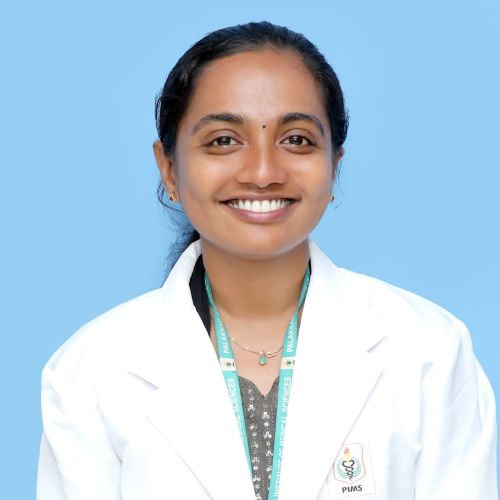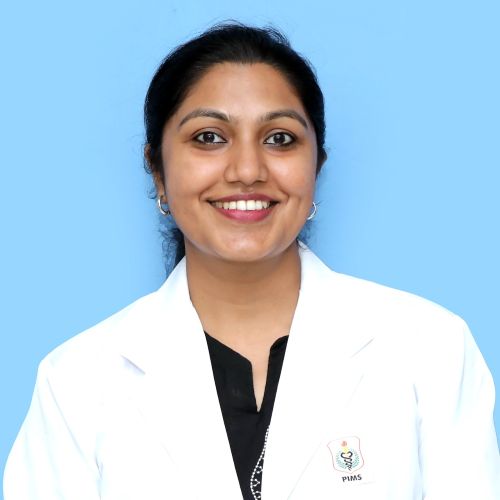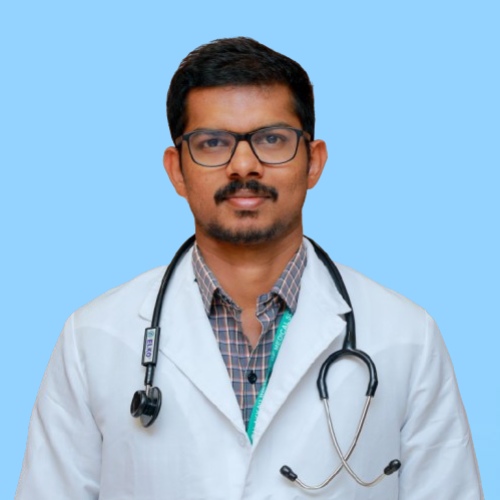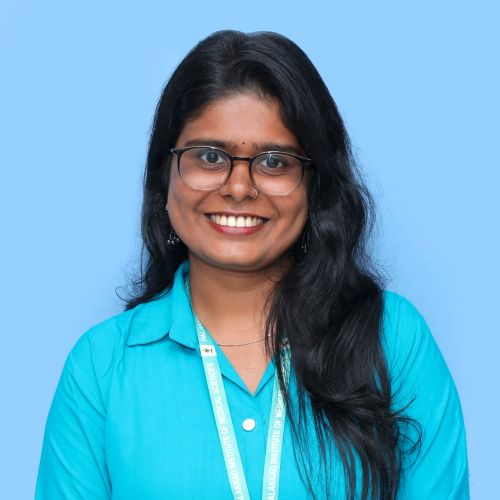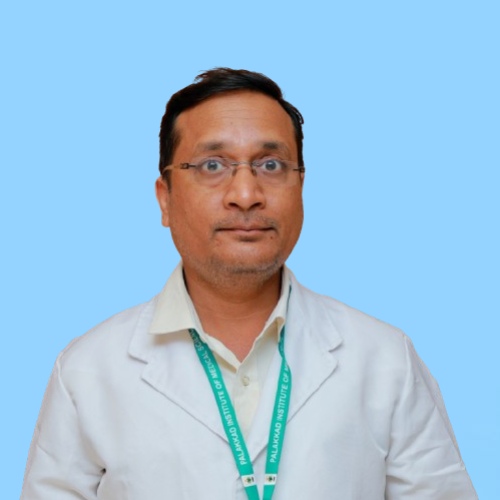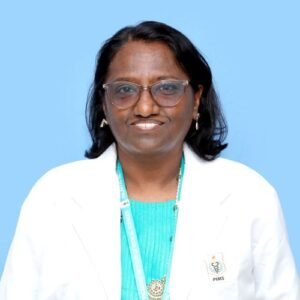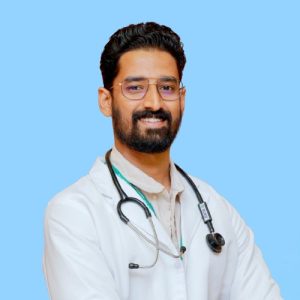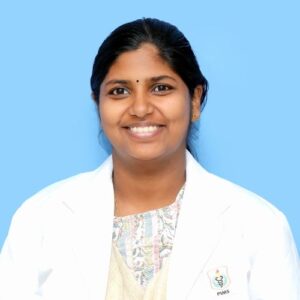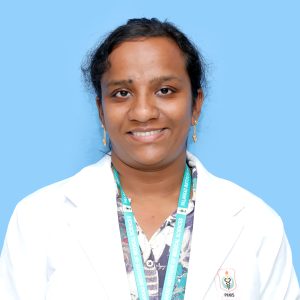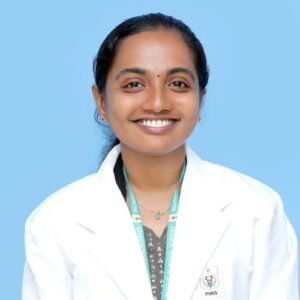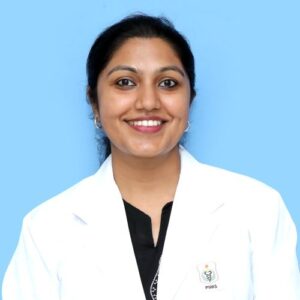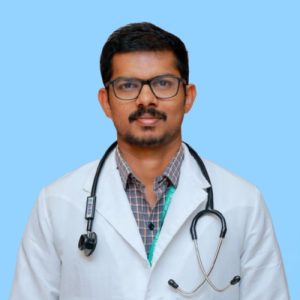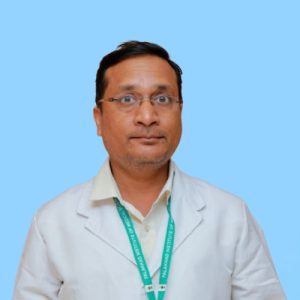The Department of Community Medicine of Palakkad Institute of Medical Sciences (PIMS) aims to be a centre of excellence in community-oriented medical education, research and service delivery. In alignment with the NMC curriculum, it lays a strong foundation by teaching the impact of social, environmental, Behavioural and cultural factors on health, supported by hands-on field training. Through family adoption programs, students gain insight into community dynamics and health-related determinants. Prevention is better than cure’ is an age-old adage which is practically applied through health education to the community as a component of Behavioural change communication (BCC). The department also attempts to kindle the research component essential in the medical field to explore through various study designs.
Call Us when you Need Help!
Meet our Faculties
Vision & Mission
Vision Statement
We envision the Indian Medical Graduates to be effective public health leaders, accountable to the community at large, and proficient in their medical profession—providing holistic treatment to build a healthy nation.
Mission Statement
To impart comprehensive training in preventive, promotive, and primary healthcare through field-based learning. We are committed to fostering community-oriented ethical practice to improve the health and well-being of people.
Departmental Goals
An Indian Medical Graduate should possess a clear understanding of health and disease concepts, along with the principles of disease prevention and control. They must recognize the influence of social, cultural, environmental, nutritional, emotional, and psychological factors on individual and community health. The graduate should be equipped to provide primary health care, promote preventive measures, and effectively use behaviour change communication to enhance health outcomes. Active participation as the first-contact physician in family adoption programs and familiarity with the Indian healthcare system, including national and international health regulations, is essential. They should also contribute to the effective implementation of National Health Programmes, participate in planning and managing epidemics and pandemics, and be capable of conducting ethical, scientifically sound research.
Department Objectives
An Indian Medical Graduate should be able to define health and disease, and understand methods for their control and prevention. They must identify key social, cultural, nutritional, environmental, emotional, and psychological determinants of health at both individual and community levels. The graduate should be capable of describing primary health care and applying preventive strategies. They should demonstrate effective behaviour change communication through counselling, and function as a first-contact physician in family adoption programs. Understanding the levels of healthcare in India, along with relevant national and international regulations, is essential. They should be familiar with National Health Programmes, contribute to epidemic and pandemic management, and engage in collaborative, evidence-based research.


